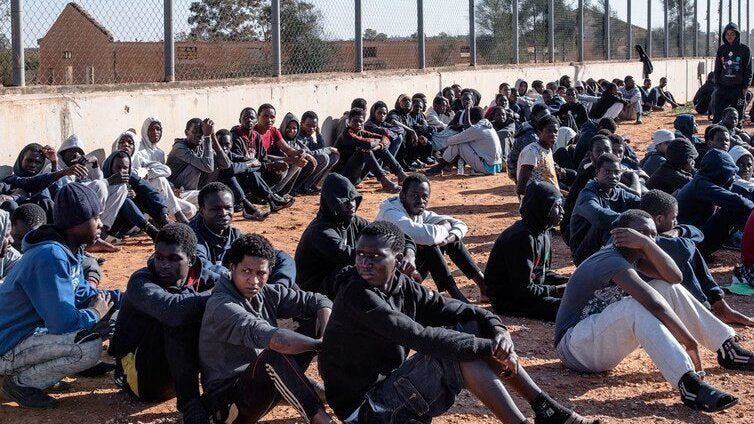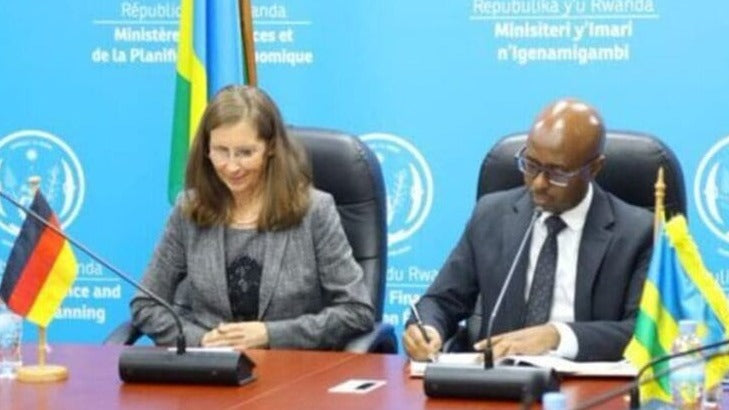
Libya: The Expulsion of Amarante and the Question of National Sovereignty
Libya, a country of a thousand and one contradictions, has just done a major cleanup of its security landscape. The security company Amarante, which thought it had a solid foothold, now finds itself out, expelled until further notice. But what happened to force this company, which had established its headquarters in a country as unstable as Libya, to pack its bags? A look at the Libyan security mess is in order.
An expulsion that is not lacking in flavor
To fully understand the case, it's important to remember that Amarante, a company specializing in private security, saw Libya as a land of opportunity. It had positioned itself to meet the growing security needs in a country ravaged by conflict and weak governance. But one day, the government, in a sudden awakening or a burst of pressure, decided to shut down its operations. Why this change of heart? Did they finally realize that entrusting their security to foreigners wasn't the best idea? Basically, it's like a giant domino game where one piece simply decided to fall and tip everything over.
The question of sovereignty
What's particularly interesting about this case is the underlying question of national sovereignty. Libyan authorities seem increasingly reluctant to let foreign companies manage sectors as sensitive as security. Perhaps they are beginning to realize that having "guardians" on every street corner doesn't necessarily mean protection. On the contrary, it can also lead to abuses and disastrous prospects for their national dignity. Libyans, who have already traveled the tortuous path of colonization and foreign intervention, are beginning to ask themselves: "Who is protecting whom here?" In such a setting, Amarante's expulsion could be a powerful symbolic act, a way to claim some control in a chaotic environment.
An uncertain future for Amarante
For Amarante, the situation is not rosy. Not only does she have to deal with the expulsion, but she also has to question her future strategy. Will they try to come back with new proposals? Or, on the contrary, decide to pack their bags once and for all after this setback? Libya, despite its turmoil, remains a potentially lucrative market for security companies. But the volatile political landscape and the current uncertainty may turn away other potential investors. It's a kind of poker game where the stakes are high and players must exercise caution.
In conclusion, Amarante's expulsion from Libya illustrates how fluid and subject to sudden changes the security situation remains. This event also reveals the Libyan authorities' desire to regain control of their own destiny. It remains to be seen whether this decision will mark the beginning of a new era in the country's security, or whether it will simply be another thorn in the side of a nation struggling to find stability.



1 comment
Europe has yet not learnt its lesson. Our capability to run our own country and its security industry is to Europeans unequal to theirs. Wrong !
Desert1
Leave a comment
This site is protected by hCaptcha and the hCaptcha Privacy Policy and Terms of Service apply.